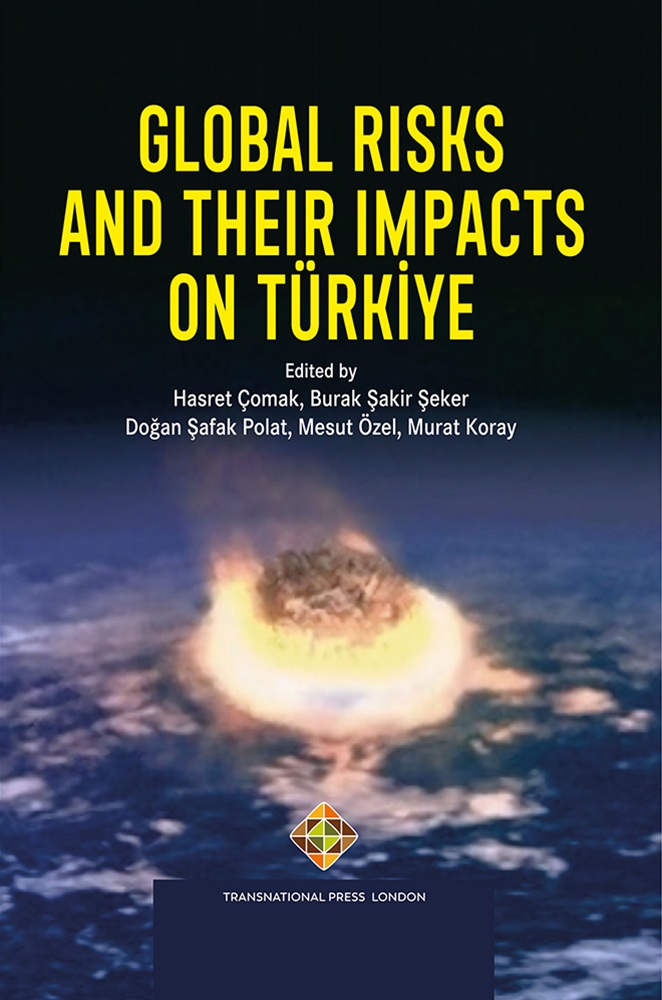Global Geopolitical Risks
Global Geopolitical Risks
Author(s): Herbert R. Reginbogin
Subject(s): Globalization, Geopolitics
Published by: Transnational Press London
Keywords: Global; geopolitical; risks; geopolitical risks;
Summary/Abstract: War and Revolution disrupt the fabric of time as people attempt to recall the ordinary rules of civilization and rituals of respect and hospitality. Some even disregard them in some cases as the world moves to ever greater polarization through populism. Governments pursue territorial expansion through military threats of using force in the case of China-Taiwan relations, the outright crime of aggression by violating the territorial integrity of another sovereign country referring to the Russian-Ukrainian War, or using nonstate actors in a proxy war against a state actor like the Hezbollah fighting Israel on behalf of Iran as the world faces a Global Environmental Crisis in the 21st Century. The fundamental principles of humanity and the conventions of international law are subject to endless conceptual argumentative revisions, which assume different outcomes within various historical environments and with different temporal expectations that have unsettled nations through debatable rationales, justifications, and strategies, but also because they make and unmake cultures and countries. How does the official language of diplomatic overtures of condolences vibrate following Iranian President Ebrahim Raisis’s death in a helicopter accident, knowing that he was the ‘Butcher of Tehran’ for his role on the Tehran “death commission” during the 1988 executions of thousands of Iranian political prisoners? These linguistic attributes and criticism lie within the paradigmatic contradictions of ontological narratives about just and unjust wars that perpetuate the conflicts of the 21st Century with an ever more substantial return to the Great Power Rivalry of the 19th-century empires. Will the U.S. revert to isolationism and 150 years of neutrality before the Japanese bombing of Pearl Harbor in 1941 or remain ‘benign’ during the Unipolar Era or a predatory power or even a leader in the defense of multipolarity as a guiding principle of future U.S. foreign policy? Russia, China, and the USA may aspire to an international system based on sovereignty, multipolarity, multilateralism, mutual security, international law, the re-balancing and re-invigoration of global and regional institutions. Immanent in this trilogy is the vision of the future. That this contest is underway is undeniable, even if some American officials tried to deny it not so long ago. The US-led international system is threatened by authoritarian powers seeking to redraw the world geopolitical map and make the 21st Century an Age of Autocracy. “The central challenge to prosperity and security,” the 2018 national defense strategy states, “is the reemergence of long-term, strategic competition by… Revisionist powers”
Book: Global Risks and Their Impacts on Türkiye
- Page Range: 15-20
- Page Count: 6
- Publication Year: 2024
- Language: English
- Content File-PDF

